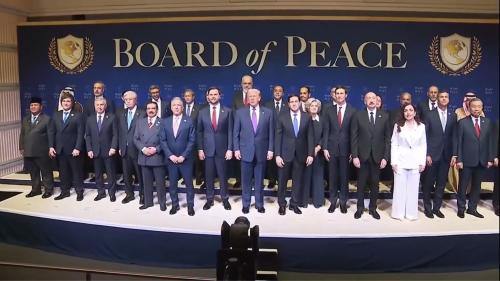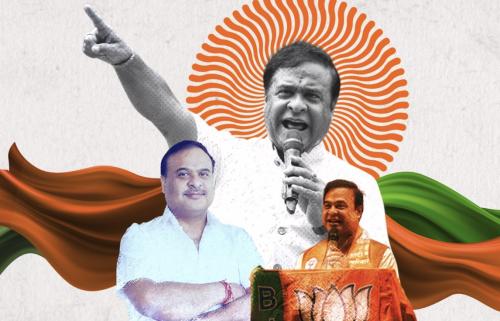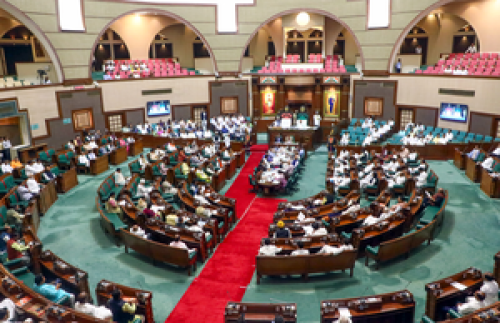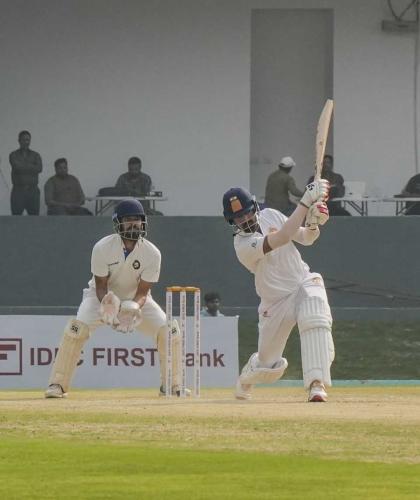New Delhi May 13, (ANI): China's aggression in Ladakh is driving New Delhi closer to the United States, says geostrategist and author Brahma Chellaney in an opinion piece in Asia Nikkei. During the Covid lockdown in India last year, China took advantage of the situation to infiltrate key border areas in Ladakh region, writes Chellaney, the author of nine books. After the winter last year, India had discovered that the People's Liberation Army had occupied hundreds of sq. kilometers on the border and built armed bases. This led to clashes between India and China. The PLA forces remain well dug in and Beijing is in no mood to roll back its encroachments or accept further buffer zones of the kind established in two other confrontation areas to avert further armed clashes, writes Chellaney. The standoff is the longest period of military confrontation between the two countries. China's attack on India in 1962 lasted just 32 days. Military experts fear that when India is battling a COVID surge, China might try to take advantage. The Indian Army chief recently visited Ladakh to review preparedness. At a time when PM Narendra Modi had made friendly overtures, China resorted to aggression. After China's land grab, Modi has been quiet and has not mentioned China in public remarks. Worse still, no army commander has been held accountable for the costly security lapses that resulted in India being caught napping. Nor did the defense minister accept moral responsibility and resign, the expert said. To the credit of PM Modi, India has refused to buckle under Chinese pressure. India has more than matched China's Himalayan military deployments, said Chellaney. Bilateral ties cannot return to normal as long as there is friction, coercion, intimidation and bloodshed on the border, the expert quoted Foreign Minister S. Jaishankar as saying. India has declined Chinese official assistance during the COVID second wave. It is possible, however, that -- like with the 1962 war -- China's actions could prove counterproductive. That war shattered Indian illusions about China and set in motion India's shift away from pacifism. In 1967, while still recovering from the 1962 war and another war with Pakistan in 1965, India gave China a bloody nose in military clashes along the Tibet-Sikkim border, the noted author writes. China might have gained territory in Ladakh, but it has pushed India closer to Washington and has boosted an Indian military buildup. China is making a permanent enemy of its largest neighbour, said the expert in Asia Nikkei.
China's aggression in Ladakh driving India closer to US, says expert
- by Rinku
- May 13, 2021 2 minutes
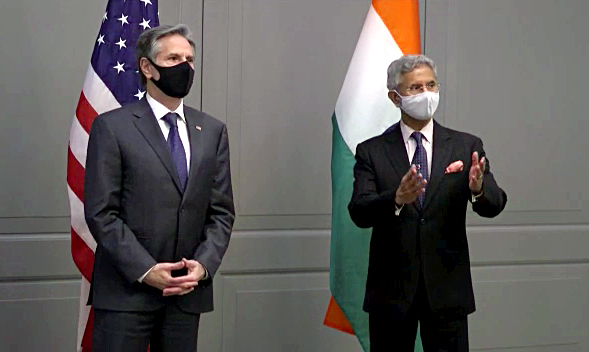
External Affairs Minister S Jaishankar with US Secretary of State Anthony Blinken,




